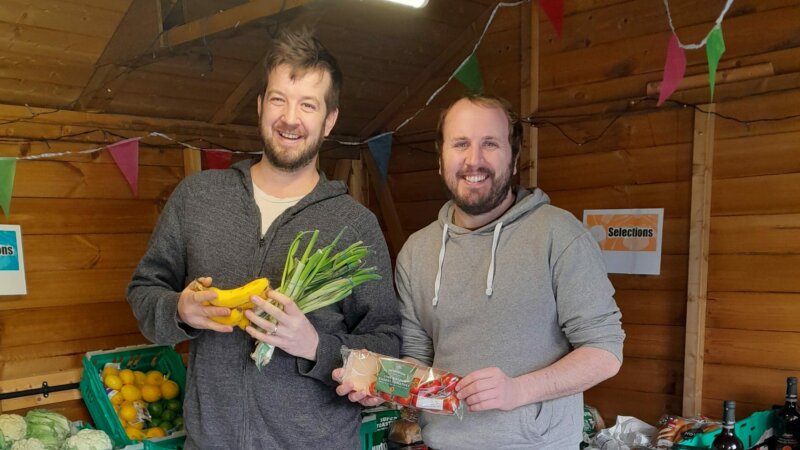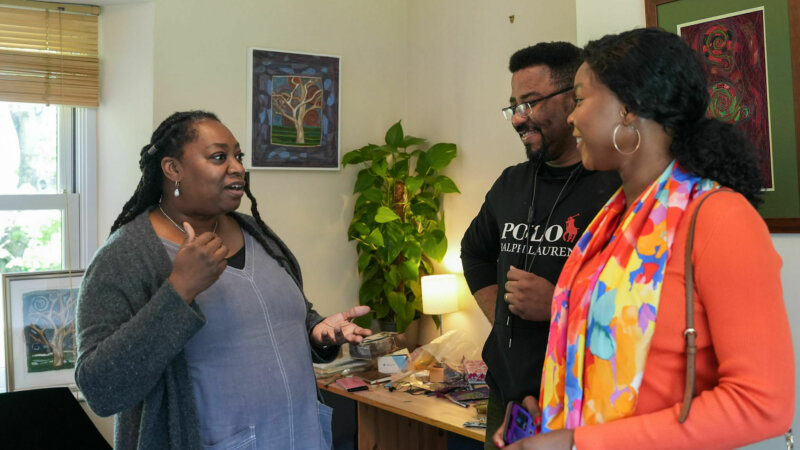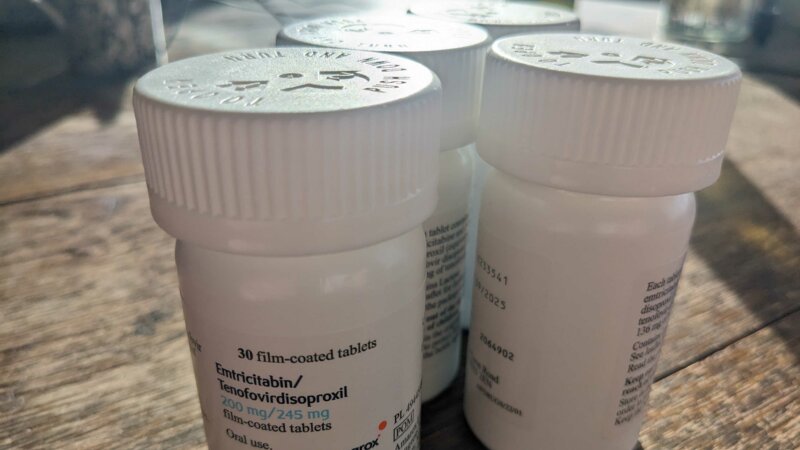Stop the Traffik: Slavery: Not Just in the History Books
Slavery. A dirty word for a dirty practice which most would agree is a lesson learnt. So why are we still doing it? According to the United Nations, as many as 2.4 million people are being trafficked globally at any one time, with an estimated market value of $32 billion (£20 billion). The industries many of these people are trafficked into include domestic servitude, agricultural or industrial labour and, perhaps most horrifically of all, sexual exploitation.
It may be convenient to imagine that such things only happen in developing countries, or nations that end in 'stan', but the sad fact is that this is happening right here in Sheffield. In December last year, two men and one woman, believed to have been part of a Slovakian trafficking ring, were convicted of enslaving and forcing a fifteen year old girl to work in prostitution. Forced to have sex with up to forty men daily, the UK Border Agency believed she made the gang between £200 and £300 a day. Many women liberated from forced prostitution have suffered the same fate. Victims also have to endure physical violence, starvation, psychological torture and imprisonment.
Non-governmental organisations, the police and the UK Human Trafficking Centre (previously based in Sheffield) believe that cases such as this girl's are not unique. Sheffield itself contains around forty brothels and, while this in itself does not prove the presence of forced prostitution, research suggests that the likelihood is high.
Please don't think that this is an attack on prostitution. Some organisations have been known to confuse prostitution and trafficking, using the arguments against trafficking as a vehicle for their own agenda. It is important for us to realise that trafficking for sexual slavery works within the darker parts of the sex industry, which has on the whole rightfully condemned trafficking.
In Sheffield, a growing problem is internal trafficking. This involves young, usually vulnerable girls who are seduced by older men using gifts, alcohol and charm. Once a young girl is smitten, often believing she is in love, the traffickers make their move. They take her from location to location, using a number of tactics to force her to sleep with strangers. These range from psychological coercion through to outright physical violence. Some organisations believe that as many as 400 cases of grooming for such purposes could have taken place in the Yorkshire area alone within the last five years. Indeed, late last year a local mother told of her daughter's horrific ordeal whereby she was preyed upon from the age of 11, being moved around flats and hotels in Sheffield by a gang of young men for a total of three years.
While this may seem bleak, a number of organisations are making inroads into combating the issue. In 2007, the UK Human Trafficking Centre was established in Sheffield. This was a specialist unit dedicated to researching and preventing human trafficking, but some fear that its recent integration into the Serious Organised Crime Agency, which is being scrapped under the new coalition government, means its future is uncertain.
Several charities specialise in raising awareness and creating a society intolerant of trafficking. One of these is the international coalition Stop the Traffik, an organisation with both a global and community-based approach to tackling trafficking. Formed in 2006 by presenting the United Nations with over 1.5 million signed declarations against human trafficking, it has now grown to incorporate over a thousand NGOs around the globe. Despite having such an international reach, its approach to empowering local communities has seen the introduction of three Stop the Traffik ACT (Active Communities Against Trafficking) groups in Sheffield - one at each university and a newly formed local group for non-students.
The student groups have had a number of successful campaigns, including raising awareness amongst Sheffield's student population, and all three groups have big plans for the future. These include education advocacy, raising awareness among local businesses and educating Sheffield's frontline service providers, such as taxi drivers and teachers, to help them recognise the signs of trafficking and act upon them. These groups are always happy to welcome new members and hear new ideas.
stopthetraffik.org )





